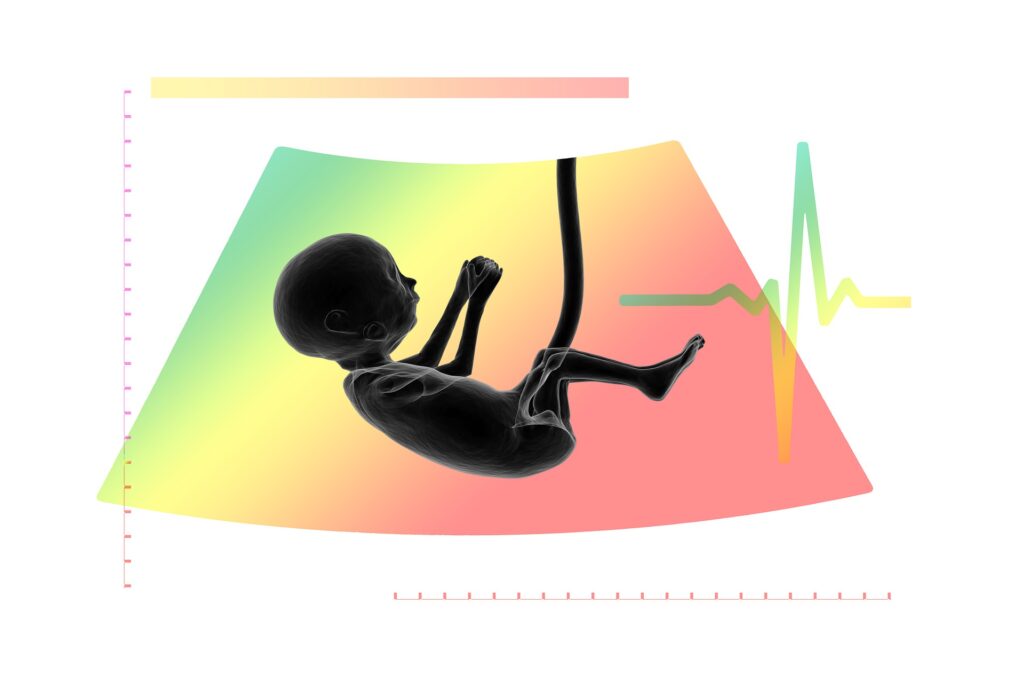In Vitro Fertilisation (IVF) Treatment
IVF Clinic in Satara - In Vitro Fertilisation (IVF)
IVF (in vitro fertilization) has become almost a household term. But not long ago, it was a mysterious infertility technique that resulted in “test-tube infants.” Howale Hospital is one of the leading and most successful IVF Clinic in Satara and has the vision to be best-in-class in the field of infertility treatments.
Unlike artificial insemination, which involves placing sperm in the uterus and allowing normal conception to occur, IVF involves mixing eggs and sperm outside the body in a laboratory. The embryo or embryos are implanted in the uterus once they have formed. IVF is a time-consuming and costly operation.

What kinds of infertility can be treated with IVF?
If you or your partner has been diagnosed with one of the following conditions, IVF may be a possibility for you.
- Antibodies that cause sperm or eggs to be affected
- Mother’s or father’s genetic disorder
- Eggs of poor quality
- Endometriosis
- Sperm numbers are low.
- Obstacles to the uterus or the fallopian tubes
- Obstacles to ovulation
- Unknown cause of infertility
- Sperm are unable to enter or survive in cervical mucous.
Except in cases of full tubal blockage, IVF is never the initial step in the treatment of infertility. It’s only used in circumstances where other treatments have failed, such as fertility medicines, surgery, or artificial insemination.
What are the risks of IVF?
- There have been multiple births. If more than one embryo is transplanted to your uterus during IVF, you’re more likely to have several children. Pregnancy with multiple embryos increases the risk of early labour and low birth weight compared to a single embryo pregnancy.
- Two of the most prevalent issues are premature birth and low birth weight. According to studies, IVF raises the chances of a baby being born preterm or with a low birth weight by a little amount.
- Ovarian hyperstimulation syndrome is a condition in which the ovaries are overstimulated. Using injectable fertility drugs like human chorionic gonadotropin (HCG) to enhance ovulation can lead to ovarian hyperstimulation syndrome, which produces swollen and painful ovaries.
- Miscarriage rates for women who conceive through IVF with fresh embryos are similar to those for women who conceive spontaneously, ranging from 15% to 25%, however, the rate rises with maternal age.
- Complications of the egg retrieval process. There is a possibility of bleeding, infection, or damage to the bowel, bladder, or blood vessel while collecting eggs with an aspirating needle. Sedation and general anaesthesia, if used, come with their own set of risks.
- Ectopic pregnancy is a term that refers to a pregnancy that An ectopic pregnancy occurs when a fertilised egg implants outside the uterus, generally in a fallopian tube, in about 2% to 5% of women who undergo IVF. The fertilised egg will not survive outside the uterus, and the pregnancy will be terminated.
- Defects in the pregnancy. No of how the infant is conceived, the mother’s age is the greatest risk factor in the development of birth abnormalities. More research is needed to determine whether infants conceived through IVF are more likely to develop birth defects.
- Cancer. Although some early research revealed a link between some egg-stimulating medicines and the development of a certain form of ovarian tumour, more recent research contradicts these findings. Breast, endometrial, cervical, or ovarian cancer risk does not appear to be significantly increased after IVF.
- Stress. IVF can be costly, physically demanding, and emotionally stressful. Counsellors, family, and friends can offer support to you and your partner as you navigate the ups and downs of infertility treatment.
What are the precautions after an IVF treatment?
- Cycling, jogging, skiing, tennis, and other activities involving jarring or possibly jarring movements (cycling, jogging, skiing, tennis, and so on) are generally avoided. All normal day-to-day activities are permitted.
- Take the drugs as directed by your doctor to boost your chances of becoming pregnant. If you become pregnant, you may be requested to continue taking some of these medications until the 12th week of pregnancy, when your body begins to produce enough on its own.
- Avoid smoking, cigarette smoke, alcohol, and X-ray exposure.
- Please check your doctor before taking any medication.
What is the Success Rate of IVF?
In India, the success rate of IVF is between 30 and 35 percent. In young women, the average IVF success rate is around 40% worldwide. Women under the age of 35 have a higher likelihood of success than older women. The success rate of this most widely used assisted reproductive technology, or ART, is usually determined by the number of live births per embryo transfer. The live birth rate is the number of live births per embryo transfer.
Traditional IVF treatments may not be effective for some couples. For them, the Intra Cytoplasmic Sperm Injection (ICSI), which is a subset of IVF, may offer a ray of hope. A single sperm is picked up and injected directly into an egg using a thin glass needle in a laboratory setting.
During IVF therapy, there are several obstacles to overcome; one must go through various treatments and screenings in order to have a better chance of success.
Why Choose Howale Hospital?
Howale Hospital is one of the best and well-known IVF Clinic in Satara with the most experienced gynaecologist who uses advanced technology for the treatment and facilities infused with personal care.

